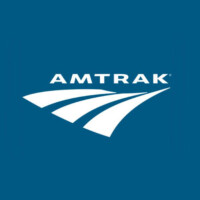 SEATTLE—Though most state-supported and long distance trains across Amtrak’s far-flung network have been operating with minimal delays, a number of significant disruptions occurred over the weekend which continue to underscore the shortage of sufficient serviceable equipment
SEATTLE—Though most state-supported and long distance trains across Amtrak’s far-flung network have been operating with minimal delays, a number of significant disruptions occurred over the weekend which continue to underscore the shortage of sufficient serviceable equipment
Pacific Northwest cancellations
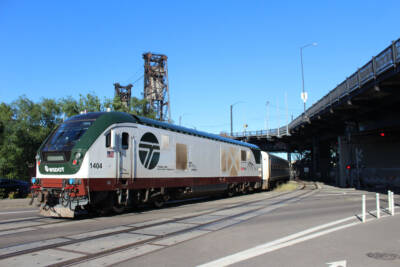
Problems for Amtrak’s Cascades began Friday afternoon, Sept. 19, when Portland, Ore., to Vancouver, B.C. train No. 518 became disabled before arriving at Centralia, Wash. After several hours of delay, passengers were given the option of either returning to their originating station on the next southbound Cascades or waiting for the next northbound, which would get them as far as Seattle. Travelers going further north had a late night bus option to some of the missed stations.
The Talgo Series 8 trainset involved was deadheaded to Seattle Friday evening and operated the next day, but the lack of operable locomotives would cause the cancellation of two round-trips on the corridor both Saturday and Sunday. The eight weekend cancellations included the busy Vancouver-Portland, Ore,. morning train 517 Saturday and the Sunday Seattle-Vancouver, B.C., round-trip, plus trains to and from Eugene, Ore., each day. In situations such as this, bus substitutions usually get already-booked passengers to their destinations, but sales are shut down to new customers. All trains appeared to be operating normally on Monday.
Hiawatha encounters construction vehicle
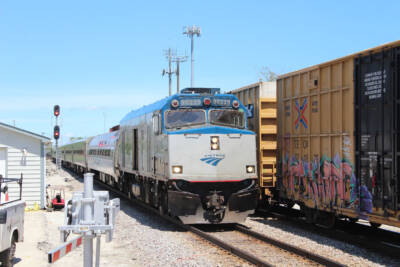
Service was also disrupted early Sunday afternoon on Amtrak’s Chicago-Milwaukee corridor when the leading former F40 cab-baggage control unit of southbound Hiawatha No. 334 hit a Metra front-end loader working on a tie replacement project at Lake Forest, Ill. There were no reported injuries to the 204 passengers and crew aboard; passengers were accommodated on a Metra commuter train into Chicago, but several other Amtrak departures were delayed or cancelled before service resumed in the early evening. The tracks at that location are maintained by Metra but dispatched by CPKC. A Metra spokesman tells Trains.com that the accident is still under investigation.
Notable delays
Accidents and equipment malfunctions have also recently been involved in other incidents. Among them:
- Wolverine No. 350: Departed Chicago 1 hour, 37 minutes late on Sept. 20. It was the first scheduled Chicago departure after service had been suspended on the route for 5 days due to demolition of two coaling towers [“Former Michigan Central coaling tower demolished,” Sept. 16].
- Coast Starlight: Arrived in Los Angles over 9 hours late on Sept. 17 after a motorist drove around lowered crossing gates north of Tacoma, Wash., delaying the train for three hours at the scene. A replacement locomotive was added but the train was 6 hours late at Chico, Calif., before encountering more delays. Meanwhile, yesterday, Sept. 21, the Starlight departed Los Angeles at 1:28 p.m., 3 hours, 37 minutes behind schedule. It was running more than 5 hours late on Monday afternoon approaching Eugene, Ore.
-
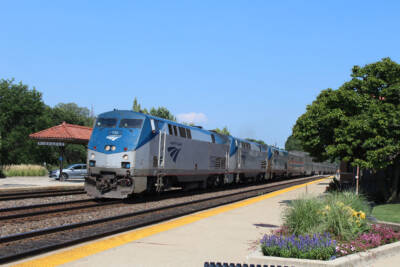
The westbound California Zephyr rolls through Hinsdale, Ill., on Aug. 9, 2025. Freight locomotives were added to several long-distance trains across the system over the past week. California Zephyr: A BNSF freight locomotive was added at Galesburg, Ill., on Sept. 18 after the radio failed on the lead Amtrak unit; the train wound up almost 5 hours late into Emeryville, Calif. It isn’t clear why the Amtrak locomotives couldn’t have been swapped. Three days earlier a freight engine was added at Fort Morgan, Colo., resulting in a similarly-tardy West Coast arrival.
- Empire Builder: The westbound Sept. 17 departure also needed assistance from a BNSF leader at Saint Cloud, Minn. It was more than 4 hours late into Seattle, but the equipment was turned quickly for the day’s eastbound, which departed 2 hours late and arrived into Chicago Sunday, Sept. 21, 1 hour, 10 minutes late. However, the Builder headed to the West Coast departing Chicago yesterday spent 2 hours at St. Paul Union Depot for an undisclosed reason and was more than 4 hours late leaving Minot, N.D. on Monday.






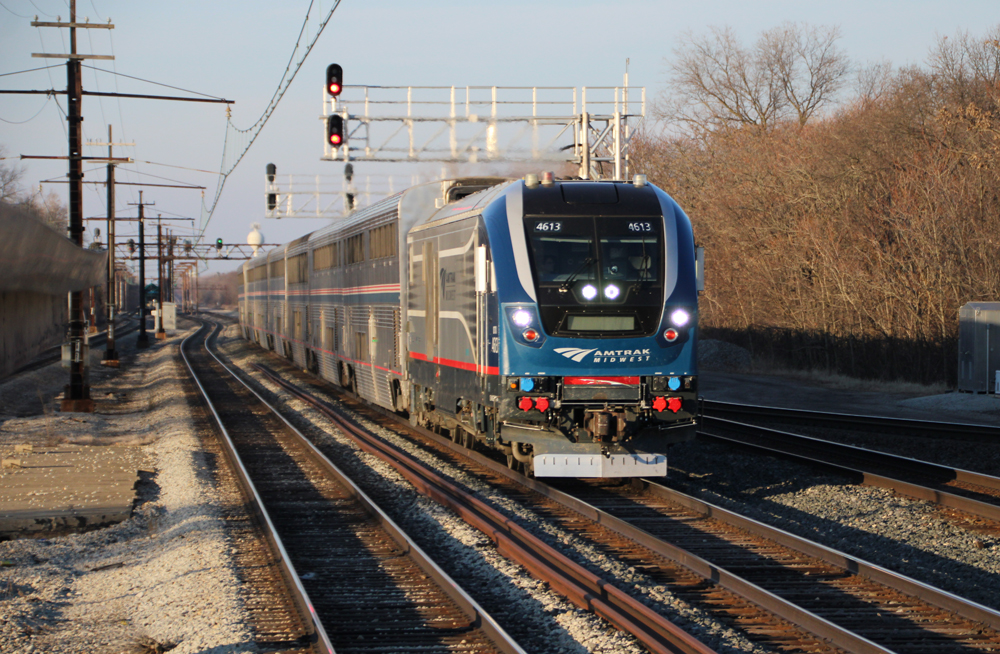
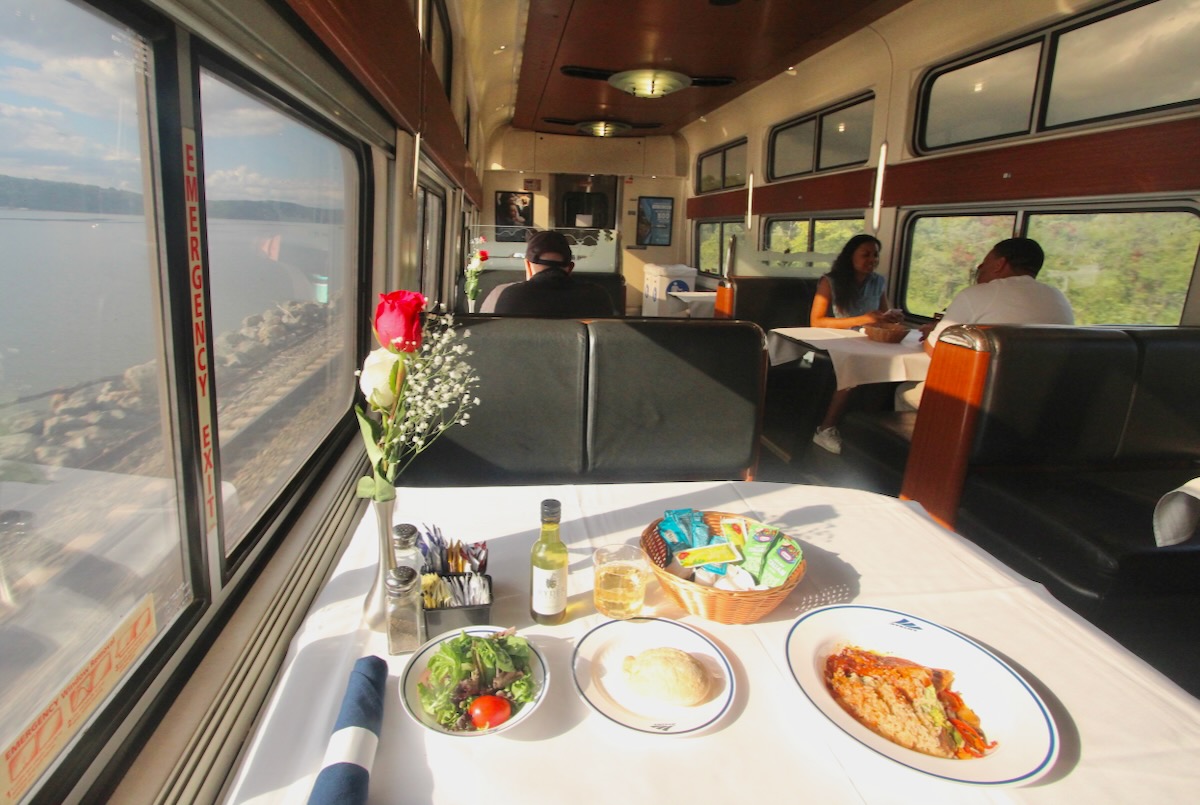
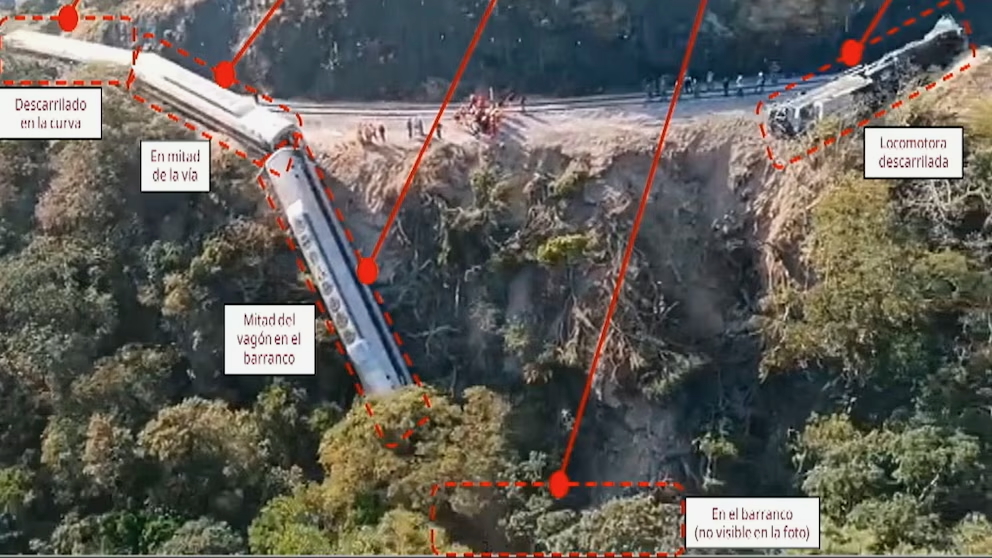
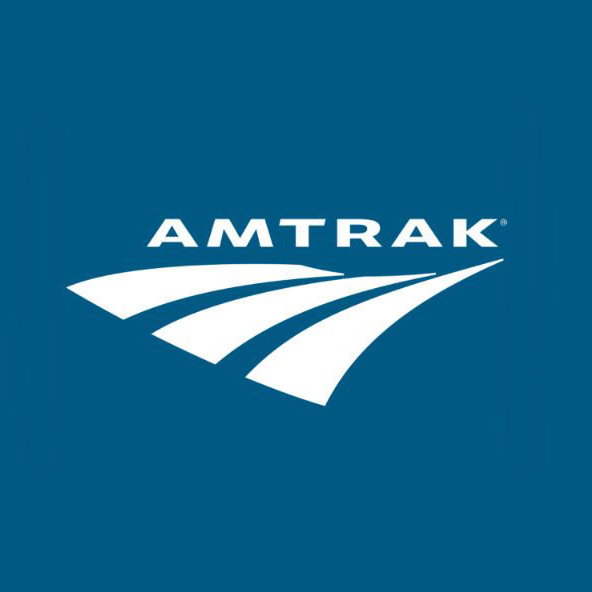




I have noticed a few trends. (1) People are getting sick of pro sports and stopped caring. (Count me as one.) Today’s athletes with Pentagon-sized contracts aren’t any better than the pro athletes of my youth when the superstars were paid in the high five figures. (2) People are getting sick of today’s cars. When I bought my Subaru I had two tutorials at the dealership and read the owners manual. I have no idea what most of the switches and controls accomplish, and I can’t find how to switch on the functions that I do want to employ. (3) People are getting sick of Amtrak. In 201 air transport takeoffs and landings I’ve accumulated enough my share of airline delays. But I would have no tolerance for the delays and cancellations typical on Amtrak LDs.
yes fully agree with everything you stated. I still can’t figure out the radio/bluetooth on my Rav 4, but do appreciate the safety radars. Is it too much to ask Amtrak to do what they say they will do? I would no say that Amtrak’s biggest problem is themselves.
By now, the relatively new Siemens Chargers should be acclimated to Amtrak operations. The ‘California Zephyr’ and the ‘Southwest Chief’, with their technical woes, have yet to be assigned the new Chargers along with the ‘Sunset Limited’.
More locomotive failures!!!! All Charger? Instead of adding a locomotive why not take a radio off the trailing unit. Unless it was an antenna failure.